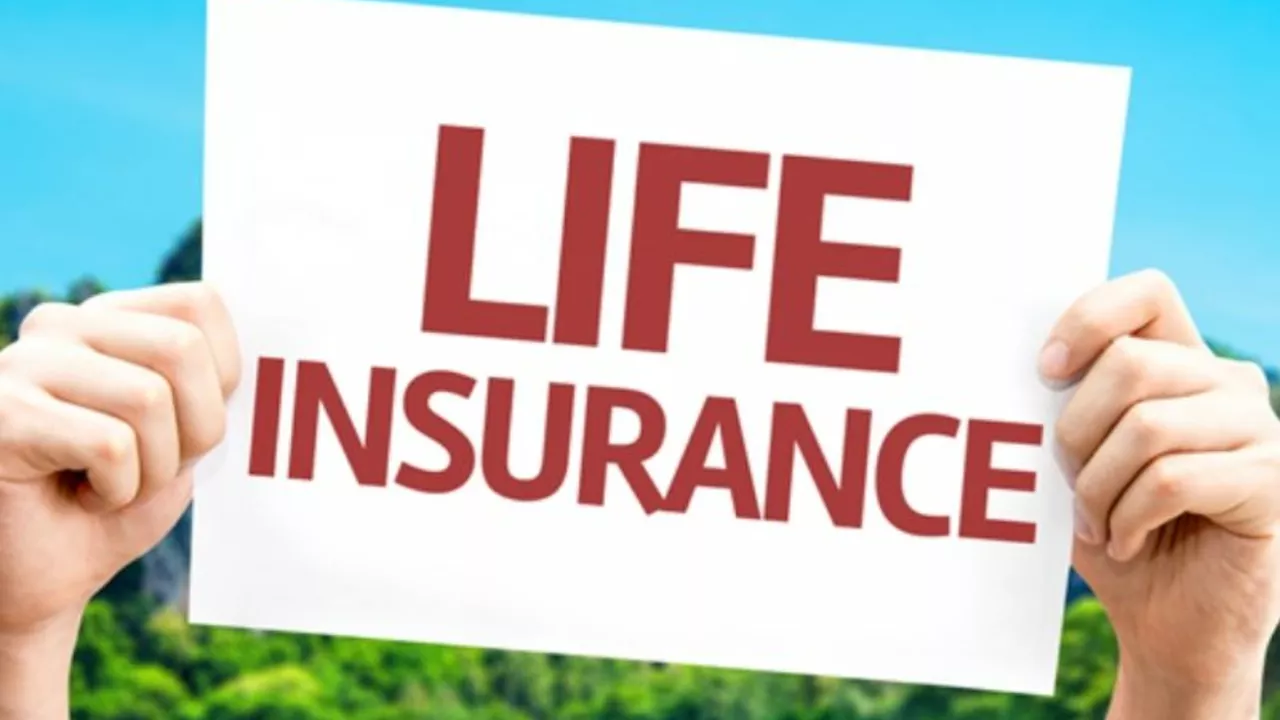Understanding Term Insurance
Before we delve into the specifics of accidental cover in term insurance, it is essential to understand what term insurance is. Term insurance is a type of life insurance policy that provides coverage for a certain period, or a specified "term" of years. If the insured dies during the term period specified in the policy and the policy is active, a death benefit will be paid to the policy's beneficiaries. But what happens if the policyholder meets with an accident? Here is where an accidental cover comes into play.
The Concept of Accidental Cover
Accidental cover, also known as accidental death and dismemberment insurance, is an insurance policy that pays benefits to the beneficiary if the cause of death is an accident. It is a limited form of life insurance that is designed to cover the policyholder in case of a severe accident that leads to death or severe injury. The payout is often in addition to any life insurance coverage the policyholder may have. Understanding its importance can help you make a more informed decision about whether or not to include it in your term insurance.
Benefits of Adding Accidental Cover in Term Insurance
One of the primary benefits of adding accidental cover to your term insurance is the financial security it provides. In the unfortunate event of the policyholder's accidental death or dismemberment, the insurance company will provide a lump-sum payment, which can act as a financial cushion for the family. It can help cover immediate expenses such as hospital bills, as well as long-term costs such as mortgage payments or children's education. Additionally, accidental cover is generally affordable and can offer extra protection at a relatively low cost.
Drawbacks of Not Including Accidental Cover in Term Insurance
On the flip side, excluding accidental cover from your term insurance policy can leave your loved ones in a financial bind if something unforeseen happens. Traditional term insurance may not provide a payout if the policyholder's death is due to an accident, leaving the family to bear the financial burden. This can lead to a significant financial strain, especially if the policyholder was the primary breadwinner. Thus, not having accidental cover included in your term insurance can result in significant financial risk.
Making the Decision: To Include or Not to Include
Deciding whether or not to include accidental cover in your term insurance largely depends on your personal circumstances. If you have a high-risk job or lifestyle that puts you at a higher risk of accidents, it might be a good idea to consider adding accidental cover. Similarly, if you have dependents who would face financial hardship in the event of your untimely demise, accidental cover can provide an additional safety net. However, if you have a low-risk lifestyle and sufficient savings, you might choose to forego this additional cover. It's important to weigh the pros and cons and make an informed decision that best suits your needs.
